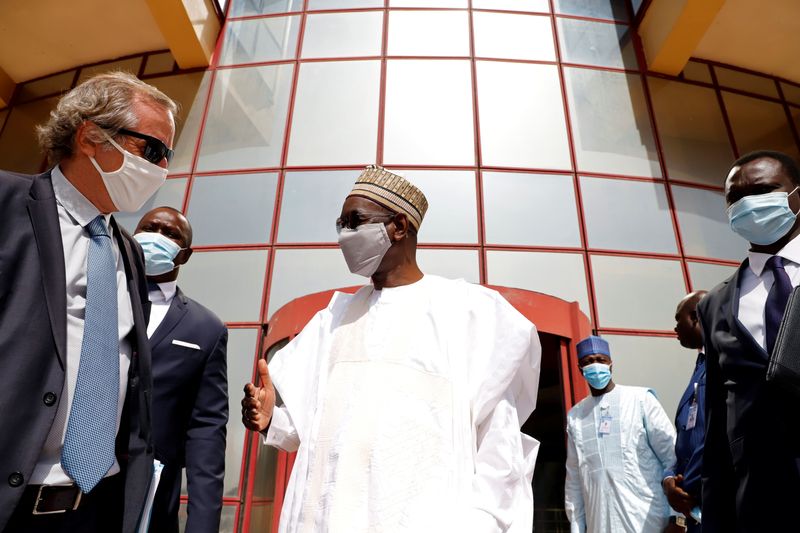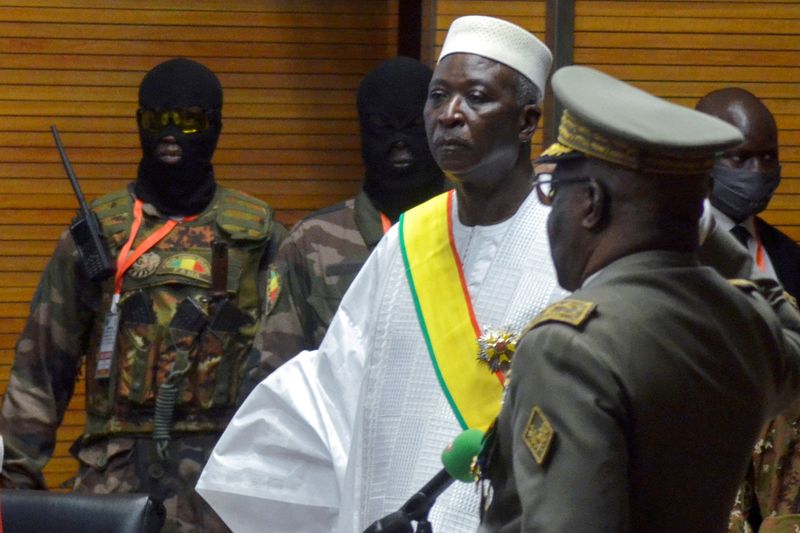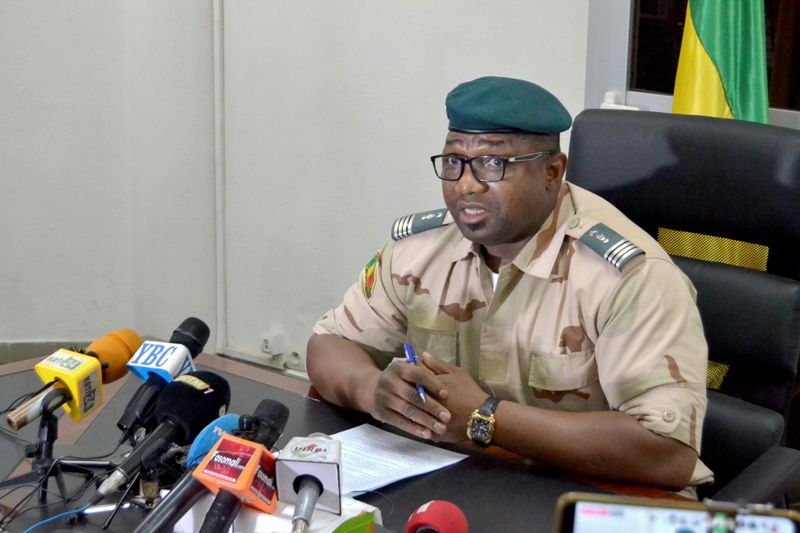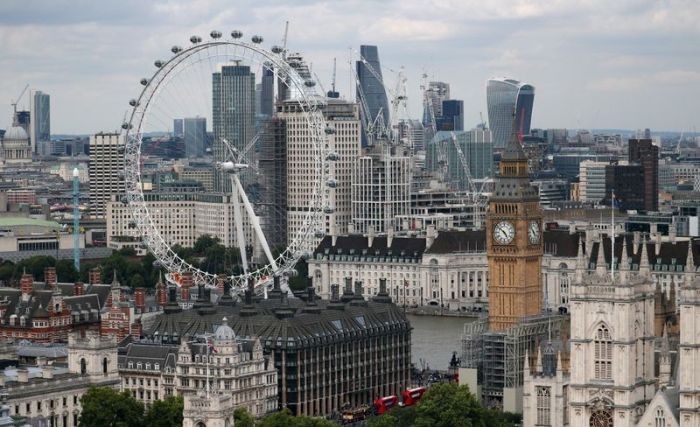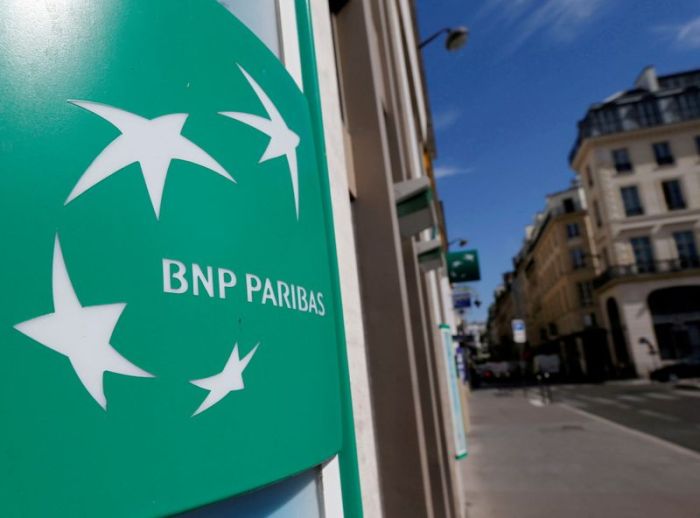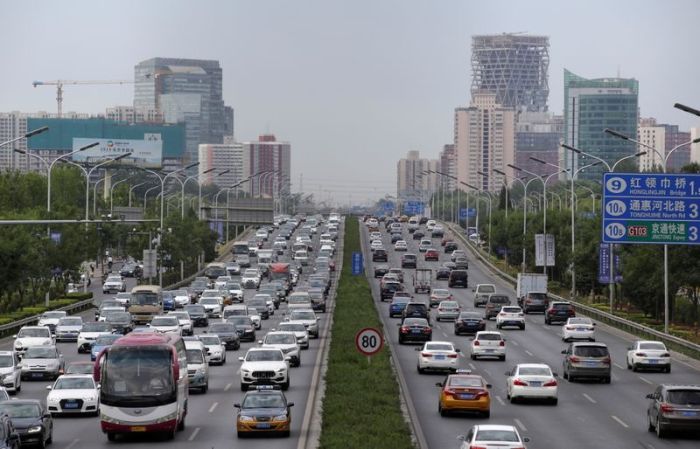(Reuters) -Mali’s ousted interim leaders have been freed after they were detained by the army and resigned, a military representative said on Thursday, as another questioned the feasibility of holding elections as promised next year.
Interim President Bah Ndaw and Prime Minister Moctar Ouane were arrested and taken to a military base outside the capital on Monday, jeopardising an 18-month transition back to democracy after a coup last August.
International powers including the United States and military ally France, worried about worsening security in Mali and its neighbours, have condemned the arrests and threatened sanctions.
The two men resigned from their posts while in detention on Wednesday.
The arrests were orchestrated by Vice President Assimi Goita, who led last year’s coup that overthrew former President Ibrahim Boubacar Keita.
“They resigned, their release was scheduled, we have nothing against them,” said Goita aide Baba Cissé.
Ndaw and Ouane’s whereabouts will be kept secret to protect their security, Cissé told Reuters. He declined to detail any plans for their replacement.
Goita ordered their arrest after a cabinet reshuffle in which two fellow coup leaders were sacked from their posts.
He has promised that next year’s elections will go ahead. But on Thursday his legal advisor Youssouf Coulibaly suggested this commitment was not set in stone.
“These 18 months are sacred to us and we will respect them. At the end of it, people will be able to say if they want to continue the transition, if they wish to go to the elections, or if they wish to continue the transition with new leaders,” he told Reuters.
This decision will be taken following consultations with interested parties, he said.
He added that Goita was currently in charge, but negotiations were ongoing about the appointment of a new government.
Mali’s influential M5-RFP political coalition, which led anti-government protests ahead of last year’s coup, has opposed the leadership of Ndaw and Ouane, but also said it would strongly oppose Goita’s appointment as president.
The leadership question could exacerbate a security crisis in Mali’s desert north, where militants linked to al Qaeda and Islamic State frequently capitalise on political uncertainty.
The militants have used Mali as a base from which to launch attacks across the Sahel in recent years. The arid region south of the Sahara saw an eight-fold increase in deadly attacks from 2015 to 2020. Over 5 million people have been displaced.
The EU military mission in Mali (EUTM), which briefly suspended its training program in 2020 in the aftermath of the August coup, said on Thursday that Malian soldiers will continue to receive training.
“We are following the situation closely and are not taking any abrupt decision,” Lieutenant-Colonel Pardo, the mission’s spokesman, told Reuters.
(Writing by Cooper Inveen and Alessandra Prentice; editing by Edward McAllister, Giles Elgood and Toby Chopra)

